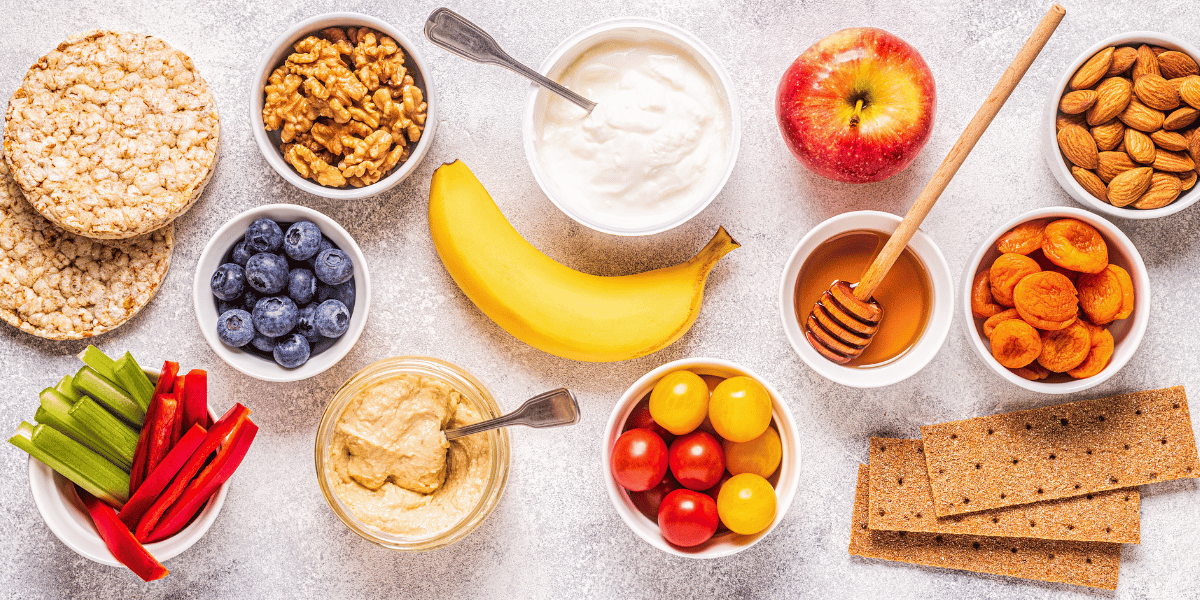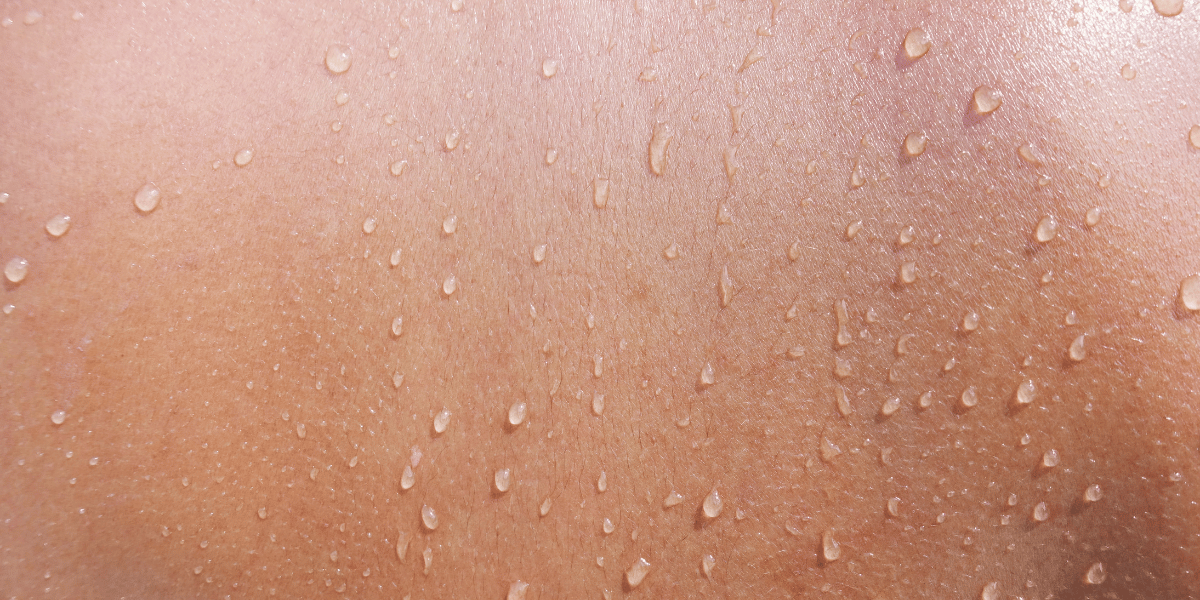The Dos and Don'ts of Snacking
Snacking has evolved from an occasional munch between meals to a ubiquitous ritual in daily routines, catering to various needs, from an energy boost...
.png?width=70&height=70&name=Stark_LogoMark%20(1).png)
As we covered in the previous blog article, cholesterol is not inherently bad. In fact, our bodies make cholesterol because they need it to function. Cholesterol is responsible for the cell signaling of the membranes — it also acts as the building block to all of our hormones. Unfortunately, most conventional doctors tend to only run the four basic blood tests: total cholesterol, LDL, HDL, and triglycerides. These tests are helpful to a certain extent but do not provide the entire lipid picture. For conventional doctors to run a financially viable business, they will likely prescribe a cholesterol medication for those who have numbers that are not optimal as many get kickbacks for doing so.
Here’s the problem — cholesterol medication does not address all the issues, because cardiovascular disease is still the leading cause of death in men and women in the United States and worldwide. Taking a Deeper Look
Now that we’ve cleared up the idea that a pharmaceutical company might solve your cholesterol problems with a pill — let’s take a deeper look into how cholesterol impacts our health.
Studies show a reasonably high correlation between homocysteine levels and elevated LDL cholesterol. Dr. Alice Nguyen says, “If you have normal LDL, but you’re inflamed, then there might be a problem. So, what contributes to inflammation? There’s something called homocysteine — it’s like a little kid running through your blood vessels with scissors. It’s a protein that hasn’t been metabolized properly, and it wreaks havoc on your cardiovascular system and nervous system because your brain is an extremely vascular organ. A lot of blood vessels go through your brain.”
Dr. Alice emphasizes the importance of keeping homocysteine levels under control for the sake of your body’s overall health. While many of us rely on conventional doctors to help keep our health in check, Dr. Alice says she has heard from conventional and cardiovascular doctors who don’t know how to bring down homocysteine. This is problematic because while homocysteine levels don’t affect our cognitive function, high numbers can result in a stroke. If you’re looking to lower your homocysteine levels — Dr. Alice recommends trying B12, folate, B2, B6, although you should still notify your doctor before taking new supplements.How Does Food Affect Cholesterol?
High levels of fructose will increase your triglycerides, and triglycerides are problematic. Dr. Alice says, “Fructose has a direct metabolic pathway into triglyceride production. It skips a bunch of steps to get into triglyceride production.”
Dr. Alice warns against consuming too much soda, agave, or honey. Most people don’t realize that honey can be composed of up to 80% fructose. It’s best to avoid refined carbohydrates and sugars because it oxidizes your LDL — and oxidized LDL is damaged LDL. It’s also helpful to make sure you consume plenty of Omega-3s to prevent that oxidation process!
We know refined carbs and sugars can be hard to eliminate from your diet completely, so is there leeway? According to Dr. Alice, it depends on how active the patient is. If the patient is compliant with what most people are doing at STARK (typically some form of caloric deficit without compromising protein), their cholesterol levels will likely drop. Genetically speaking, some patients will produce more cholesterol than others. You should consistently listen to what your body needs to function optimally by noticing how you’re feeling and running tests.What Does Smoking do to Cholesterol?
There are a lot of adverse effects your body experiences when you smoke, so it’s no surprise that smoking negatively affects cholesterol levels. Smoking hardens the blood vessels – causing a lot of damage to the blood vessels. Your blood vessels should be flexible to maintain healthy blood pressure.
Can Stress Potentially lead to Higher Cholesterol?
Stress tends to affect our bodies negatively, so you may find it unsurprising that higher stress can lead to higher cholesterol levels. There’s a silver lining when it comes to the relationship between stress and cholesterol levels, though- theoretically, you should be able to meditate to lower your cholesterol levels!If you’re worried about your cholesterol levels, we recommend booking an appointment with Dr. Alice’s naturopathic medical practice to gain a better understanding of your entire lipid profile. It’s crucial for you to understand that your cholesterol levels impact your health in several ways — and medication likely won’t benefit you as other naturopathic methods can!

Snacking has evolved from an occasional munch between meals to a ubiquitous ritual in daily routines, catering to various needs, from an energy boost...

Detoxification isn't a one-time activity or a bi-annual event but a continuous process that requires consistent support- it’s much more about...